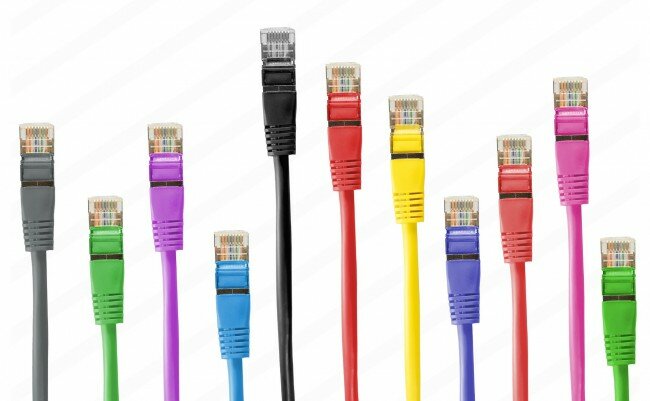
On Wednesday, Tom Wheeler, Chairman of the US Federal Communications Commission (FCC), made an announcement that let Net Neutrality advocates rejoice: he proposes the introduction of new rules “to preserve the internet as an open platform for innovation and free expression”. The proposed reclassification of internet services as Title II services under the Telecommunications Act of 1996 would impose stricter rules on those services, banning paid prioritisation, and the blocking and throttling of lawful content and services.
Naturally, the big telecom and cable companies are opposing this move, having up until now benefited from the more relaxed rules applying to Title I information services. The reclassification as a Title II would see the application of the traditional Common Carriage concept to modern day internet service providers. Over the centuries, this concept has been applied to various providers of essential infrastructure, ranging from a 14th century ferry man in England to US-providers of transportation, postal or communications services in the 19th and 20th century. If the FCC decides to follow Wheeler’s lead, the classification of internet service providers as Common Carriers could prove to be more than a pipe dream of a few Net Neutrality advocates (and judging by the millions of reactions the FCC received over prior proposals, they are a lot more than a handful).
In answer to those opposing stricter regulation, Wheeler emphasises the important role the FCC’s previous regulation has played in keeping the internet open and ensuring room for innovation. Sometimes, regulation does not restrict a certain market, but, quite on the contrary, is necessary to ensure its openness.
For Tom Wheeler’s full statement, see: http://www.wired.com/2015/02/fcc-chairman-wheeler-net-neutrality/.
FCC, Net neutrality, Telecommunications Act, Tom Wheeler
It is illegal for to gov to try and cotnrol the net.The net is global, and they have no say about what happens in those countries, and we have the 10th amendment.
Hey Ian, thanks for your comment!
They US-Net Neutraliy rules only apply to companies within the US jurisdiction and not worldwide – admittedly with global consequences given the size and prevalence of US-based Internet companies. The idea of a set of global rules with regard to the Internet, e.g. issued by the U.N., is an interesting one, but as of today, countries haven’t transferred their rights to regulate in this area to any global institution. Maybe they will do so in the future?
With regard to the 10th amendment, I have to say that I am by no means an expert in US law. As you have stated yourself, the Internet is global, so if a nationwide regulation doesn’t make any sense to you, a regulation on a federal level should be even worse. Some sections within the Telecommunications Act of 1996 even allow room for (additional) regulation imposed by individual States. Because of the importance of the interconnection and interoperability of telecommunications services, the Telecommunications Act of 1996 enables regulation on a national level, which – in my opinion – includes the Net Neutraliy rules.